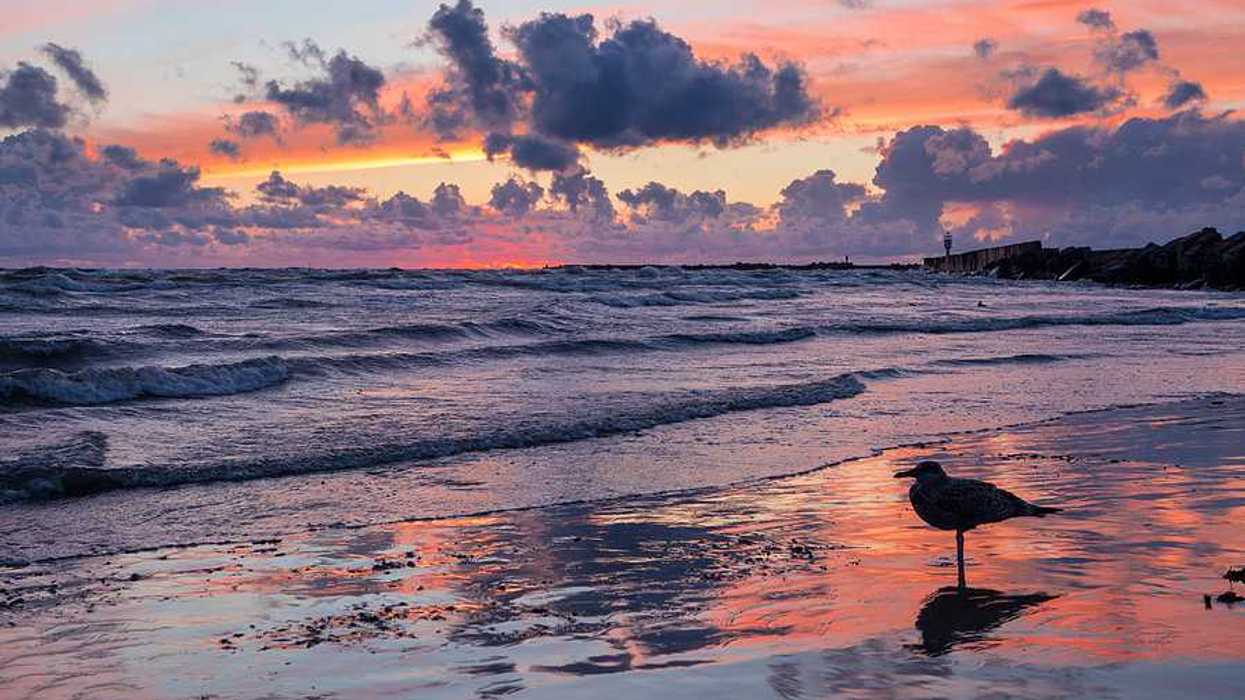The Miccosukee Tribe has joined a lawsuit against state and federal agencies, arguing that a new immigrant detention center built in the Everglades threatens sacred lands, wildlife, and traditional practices.
Miacel Spotted Elk reports for Grist.
In short:
- The Miccosukee Tribe, along with environmental groups, is suing over the construction of an immigrant detention facility — dubbed “Alligator Alcatraz” — in the Everglades, alleging no environmental review was conducted.
- The facility blocks tribal access to medicinal plants and hunting grounds and sits near 15 active villages in Big Cypress National Preserve.
- Environmental advocates claim the center violates the Clean Water Act and Endangered Species Act due to light pollution, pesticide use, and habitat disruption for species like the endangered Florida panther.
Key quote:
“We are going to make sure that we fight this facility on whatever front is available to us.”
— William “Popeye” James Osecola, secretary of the Miccosukee tribal council
Why this matters:
Development inside fragile ecosystems like the Everglades threatens more than wildlife, disrupting cultural lifeways and endangers human health. Wetlands act as natural water filters, flood buffers, and biodiversity hotspots, sheltering rare species like the Florida panther. Building detention centers without environmental reviews risks long-term ecological harm, including toxic runoff, habitat loss, and water contamination. For Indigenous communities, the damage is compounded: Traditional knowledge systems and access to ceremonial and subsistence grounds are eroded. The Everglades are already under strain from sea-level rise, invasive species, and decades of mismanagement. Adding industrial-scale facilities into this mix puts both environmental integrity and cultural sovereignty at risk.














